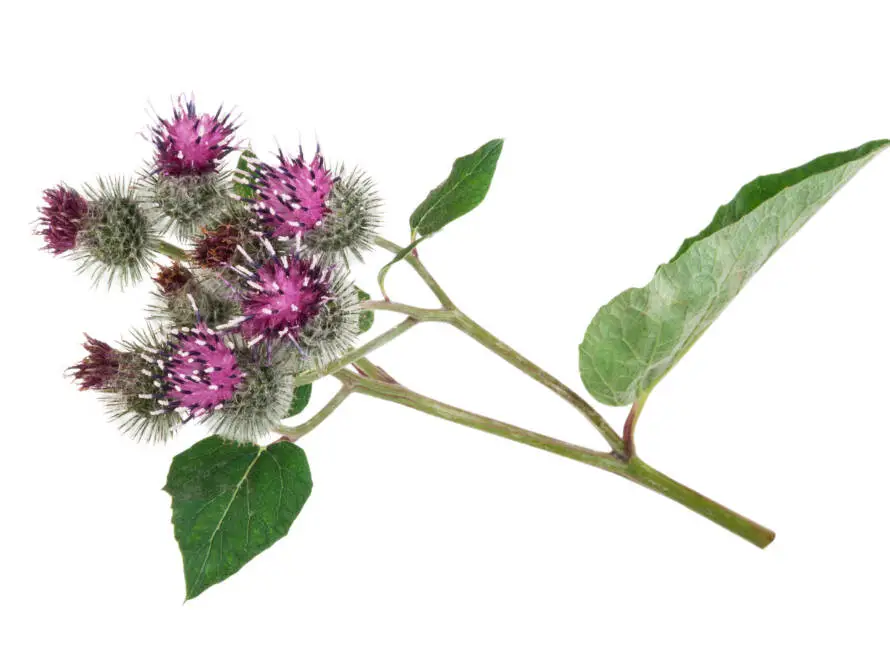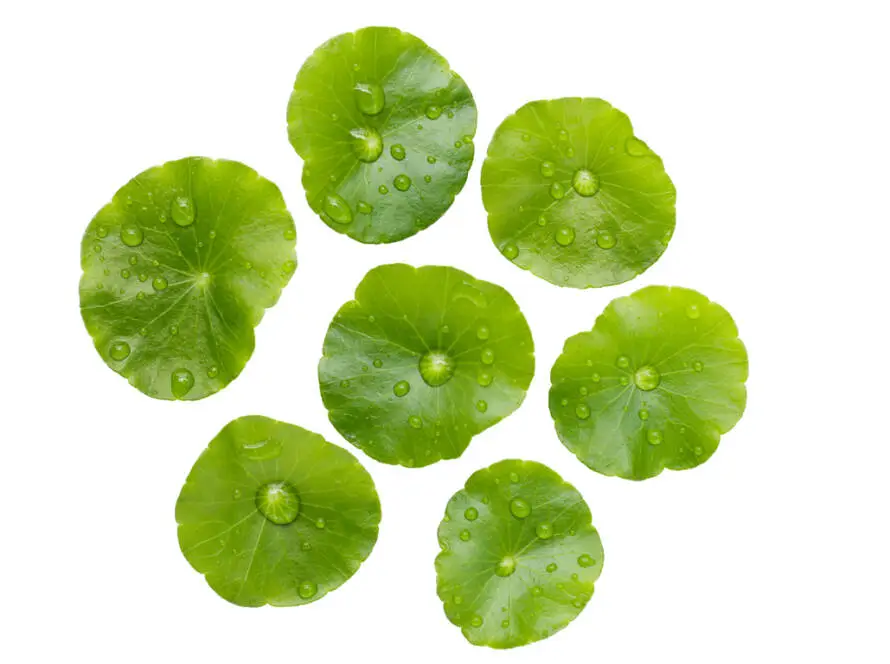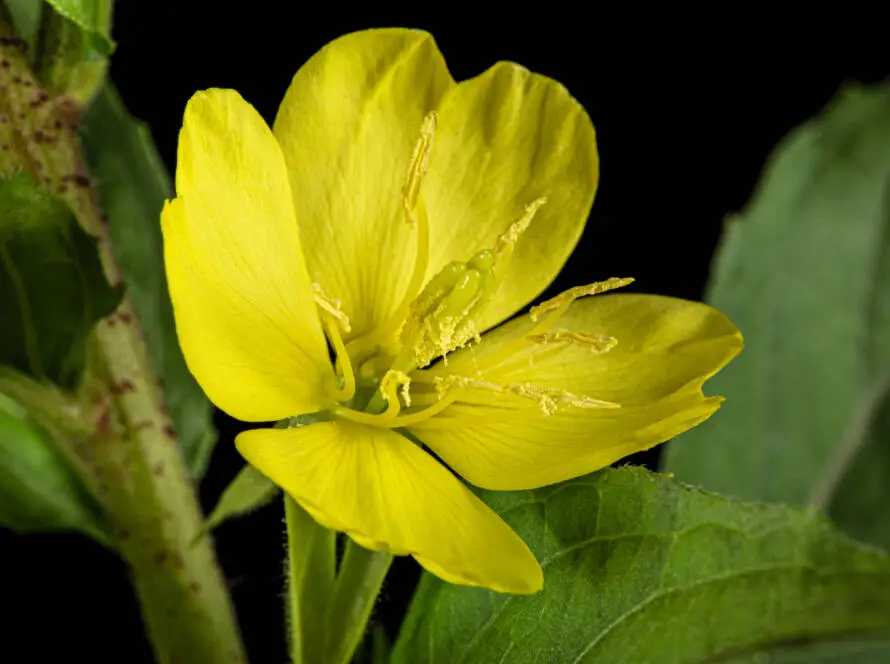Nettle: Nature’s Versatile Herb
Introduction
Nettle, scientifically known as Urtica dioica, is a hardy plant that thrives in temperate regions worldwide. This remarkable plant is famous for its stinging hairs, which can cause skin irritation. However, nettle also has a long history of use in cooking and medicine. Its tough fibers have been used for textiles, while its cooked leaves serve as a nutritious, vitamin-rich vegetable. Historically, nettle has been valued for its medicinal properties, helping relieve various ailments, including respiratory issues and arthritis, and promoting hair growth.
Common Names
Nettle goes by several names that reflect its widespread recognition:
- Nettle: The most common name used to refer to the plant.
- White Nettle: This may refer to specific varieties of nettle.
- Hemp Nettle: Sometimes used to differentiate it from other plants in the same family.
- Common Nettle: Highlights its prevalence in various regions.
- Greater Nettle: Refers to its larger size compared to other nettle species.
- Stinging Nettle: Named for its stinging hairs that can irritate the skin.
- Devil’s Leaf: A nickname emphasizing the plant’s potent qualities.
Uses
Nettle is a versatile herb with various applications in culinary and medicinal fields. Here are some common uses:
-
Relief from Hay Fever: Nettle can help alleviate symptoms such as sneezing, itching, and nasal congestion. It contains natural antihistamine properties that may reduce allergic reactions to pollen and other allergens.
-
Support for Urinary Health: Nettle has been traditionally used to support urinary health. Its diuretic properties help flush out toxins and bacteria, making it helpful in treating urinary tract infections (UTIs) and preventing kidney stones.
-
Increased Urination: As a natural diuretic, nettle promotes increased urination, aiding detoxification and supporting kidney function.
-
Relief from Premenstrual Symptoms: Nettle may help ease symptoms associated with menstruation, including bloating and heavy bleeding. Its anti-inflammatory properties can reduce discomfort during this time.
-
Support for Benign Prostatic Hypertrophy (BPH): Men experiencing BPH symptoms, such as frequent urination, may find relief with nettle. The herb is believed to improve urinary function associated with prostate enlargement.
Applications
Historically, nettle has been applied topically to relieve arthritis pain. Although this method lacks conclusive evidence, some individuals report experiencing relief from joint discomfort. The application can be somewhat painful due to nettle’s stinging hairs, but this sensation usually fades quickly.
Preparation Methods
Nettle can be enjoyed in various forms:
-
Tea: Dried nettle leaves can be steeped in hot water to create a nourishing herbal tea.
-
Soup: Cooked nettle leaves can enhance soups and stews, providing extra nutrients.
-
Capsules: Nettle supplements are available in capsule form for convenient use.
-
Tinctures: Liquid extracts of nettle allow for easy dosage adjustments for medicinal uses.
Scientific Insights
Researchers are still exploring the active constituents in nettle. Some studies suggest that polysaccharides and lectins might be responsible for its health benefits, though the exact mechanisms remain unclear. Potential properties of nettle include anti-inflammatory, antioxidant, and antihistamine effects.
Side Effects and Cautions
While generally safe for most individuals, there are some precautions to consider:
-
Infection Risk: The FDA has not evaluated nettle for safety and effectiveness. There is a risk of contamination or adverse reactions with any herbal remedy.
-
Skin Irritation: The stinging hairs can cause skin irritation. It’s advisable to handle nettle carefully or wear gloves during harvesting.
-
Medication Interactions: Nettle may interact with medications, especially those for blood pressure, blood thinners, and diuretics. You can consult a healthcare professional before you use it.
-
Pregnancy and Breastfeeding: Pregnant or breastfeeding women should avoid nettle unless directed by a healthcare provider due to insufficient safety data.
-
Allergic Reactions: Some individuals might be allergic to nettle, especially those sensitive to other plants in the same family.
Conclusion
Nettle is a fascinating plant with a rich history of culinary and medicinal uses. It offers numerous potential benefits, from easing hay fever symptoms to supporting urinary health and alleviating premenstrual discomfort. However, caution is essential when using nettle, especially regarding dosage and potential interactions with other medications. I think that consulting a healthcare professional before incorporating nettle into your routine is always wise, especially if you have existing health conditions. By understanding its benefits and precautions, you can make informed choices about including this powerful herb in your wellness journey.
Resources
- Drugs.com
- Wikipedia.com
This summary highlights the key aspects including its traditional uses, potential benefits, and safety considerations.
Disclaimer
The information I’ve shared about herbs is for educational purposes only and is not meant as medical advice. While many herbs have been traditionally used for their potential health benefits, individual responses may vary, and the effectiveness of herbs can depend on various factors, including personal health conditions and interactions with medications. It is essential to consult with a qualified healthcare professional or a licensed herbalist before using herbs for medicinal purposes or making significant changes to your health regimen. This information should not be considered a substitute for professional medical advice, diagnosis, or treatment.


